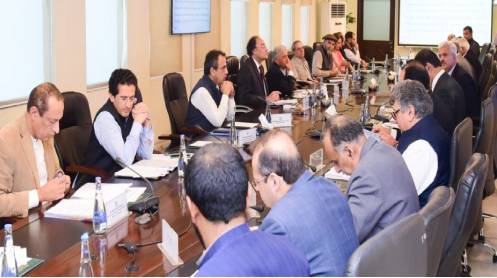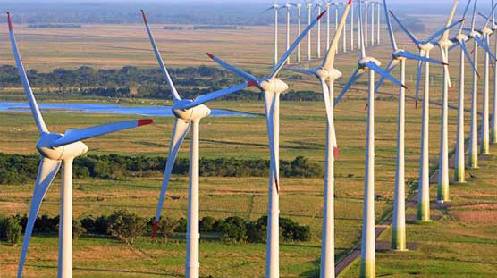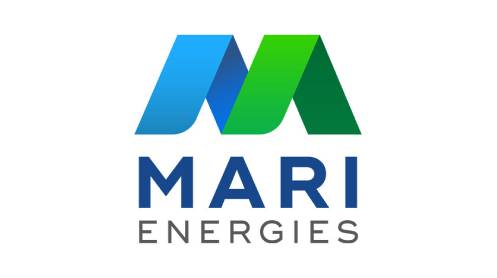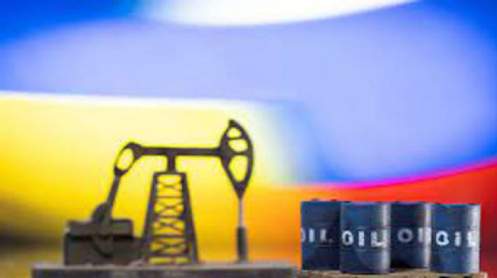ISLAMABAD: The Economic Coordination Committee (ECC) of the Cabinet, chaired by Finance Minister Senator Muhammad Aurangzeb, approved key decisions on Wednesday, including a Rs10 billion allocation for urea subsidy dues and a restructuring plan for Pakistan Revenue Automation Limited (PRAL).
The ECC endorsed a Commerce Ministry proposal for a 50:50 cost-sharing subsidy on imported urea and directed provinces to contribute their share. This measure aims to alleviate financial burdens and ensure urea availability for agricultural needs.
Additional approvals included:
Pakistan Skills Impact Bond (PSIB): A Rs1 billion government guarantee proposal was deferred for a revised plan.
Housing Ministry Projects: Rs1.884 billion in technical supplementary grants (TSG) for ongoing development.
Siah Dik Copper Project: Establishment in Chagai, Balochistan, under Private Export Processing Zone (Saindak EPZ).
Information and Broadcasting Budget: Rs536.1 million allocated for publicity and advertising expenses.
Digital Economy Enhancement Project (DEEP): Rs2.02 billion allocated for NADRA through the Ministry of Interior.
Islamabad High Court Repairs: Rs21.25 million for maintenance works.
The ECC approved Rs1.086 billion to settle ZTBL’s claims under the Prime Minister’s Fiscal Package for Agriculture and Rs14 billion for solarizing agricultural tubewells under the National Programme.
The committee also approved the restructuring of PRAL, including a Rs3.7 billion TSG, and security package documents for the 7.07 MW Riali-II Hydro Power Project under the 2015 Power Generation Policy. A pension fund regulated by SECP was established with Rs30 million seed funding.
Further decisions involved rupee cover adjustments for international projects and the inclusion of Tier 4 in the PM’s Youth Business and Agriculture Loan Scheme, with an end-user rate of 0%.
These measures reflect the government’s commitment to addressing economic, agricultural, and energy sector challenges.
Story by Tahir Amin





